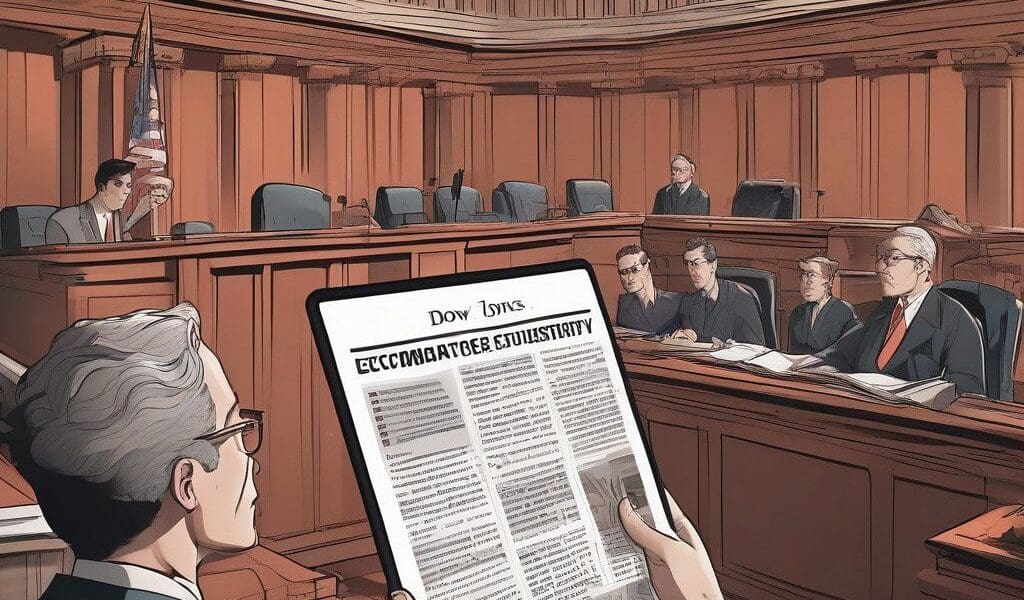AI Company Perplexity Faces Lawsuit from Dow Jones and New York Post
In a significant legal battle, Perplexity AI is facing a lawsuit initiated by Dow Jones and the New York Post. This case highlights the ongoing tension between traditional media outlets and emerging technology companies that utilize artificial intelligence to reshape how information is accessed and consumed. The crux of the lawsuit revolves around allegations that Perplexity AI infringes upon copyright laws by using content from these media organizations without obtaining the necessary permissions.
Perplexity AI has positioned itself as a contender in the search engine arena, claiming to enhance user experience by generating concise summaries of information extracted from various authoritative sources. However, the lawsuit claims that the company systematically bypasses the websites of news publishers, depriving them of potential advertising and subscription revenues. The implications of this behavior extend beyond financial concerns, as it fundamentally threatens the livelihoods of journalists and the quality of content produced.
The lawsuit was filed in the Southern District of New York and accuses Perplexity’s AI systems of generating answers that often replicate copyrighted material verbatim. This practice raises critical questions about the boundaries of fair use in an increasingly digital landscape. News Corp, which oversees both Dow Jones and the New York Post, is seeking a comprehensive injunction to halt Perplexity’s use of its content and is calling for the destruction of any databases that contain such material.
This legal challenge is not an isolated incident; Perplexity AI has faced similar allegations from other prominent media entities, including Forbes and Wired. Despite these challenges, Perplexity has attempted to address publisher concerns by establishing a revenue-sharing program aimed at compensating content creators. Nevertheless, many in the news industry remain dissatisfied, demanding stronger legal protections to safeguard their intellectual property.
The conflict at the heart of this lawsuit mirrors broader issues in the digital marketplace, where tech companies increasingly draw upon existing content to fuel their AI models. As more businesses turn towards artificial intelligence for content generation, the demand for clear legal frameworks to govern these practices becomes more pressing. This dispute may serve as a bellwether for future interactions between tech innovators and traditional content creators.
In the current digital ecosystem, the boundaries of copyright law often appear blurred. Publishers argue that their original creations should not be exploited by AI systems for profit without appropriate compensation, while tech companies assert that their use of such content falls under fair use, particularly when it involves transformation into a new format.
This legal battle raises significant questions: What does copyright protection entail in the context of AI-generated content? How can content creators enforce their rights without stifling innovation?
As Perplexity AI prepares to mount its defense, the outcome of this lawsuit could set important precedents regarding the usage of copyrighted materials in AI applications. The decision may influence not only Perplexity but also countless other companies operating in the intersection of technology and media.
In summary, the lawsuit against Perplexity AI from Dow Jones and the New York Post marks a pivotal moment in the ongoing dialogue about copyright, innovation, and the future of content creation. As the stakes rise, the tech community, alongside traditional publishers, must navigate these complex waters to forge a path forward that respects both intellectual property rights and the pursuit of technological advancement.








